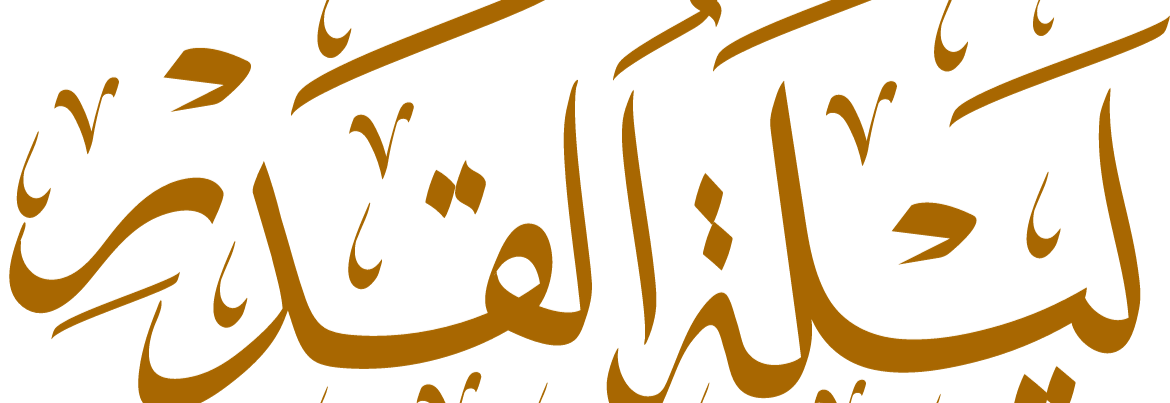
What is Laylat ul Qadr? Everything You Need to Know
What is Laylat ul-Qadr?
Laylat ul-Qadr, also known as the Night of Power or the Night of Decree, is one of the most sacred nights in the Islamic calendar. It occurs in the last ten days of Ramadan, the holy month of fasting. This night is celebrated as the time when the first verses of the Quran were revealed to Prophet Muhammad (peace be upon him) by the angel Gabriel.
The exact date of Laylat ul-Qadr is unspecified, but it is traditionally observed on one of the odd nights in the last ten days of Ramadan, most commonly the 27th night. This night is better than a thousand months, as stated in the Quran. The Quranic chapter, Surah Al-Qadr, is dedicated to explaining the virtues of this night.
The Significance of Laylat ul Qadr
The significance of Laylat ul-Qadr in Islamic tradition cannot be overstated. This night is not only a commemoration of the Quran’s revelation but also a symbol of Allah’s boundless mercy and the transformative power of faith. Its importance is multi-faceted, encompassing theological, spiritual, and practical dimensions.
- Theological Significance: Revelation of the Quran
- Laylat ul-Qadr marks the night when the Quran began to be revealed to Prophet Muhammad (PBUH). This event is pivotal in Islamic history, as the Quran is the central religious text for Muslims, serving as a guide in all aspects of life and spirituality.
- The descent of the Quran on this night signifies a direct communication from Allah to mankind, offering guidance, warning, and good news. This revelation is the most significant event in Islamic theology that marks the beginning of Muhammad’s prophethood.
- Spiritual Significance: A Night of Divine Blessings and Mercy
- The Quran describes Laylat ul-Qadr as a night that is “better than a thousand months” (Quran 97:3). This indicates that worship and good deeds performed on this night are rewarded more than those performed over a thousand months.
- On this night, the mercy and blessings of Allah are abundant. The night is an opportunity for Muslims to have their past sins forgiven and to start anew with a clean slate.
- The night is also characterized by a heightened spiritual atmosphere, where prayers are believed to be answered, and the destiny of individuals may be altered for the better.
- Practical Significance: A Focus on Prayer and Worship
- Laylat ul-Qadr encourages intensified worship and devotion. Muslims are encouraged to spend the night in prayer, recitation of the Quran, and supplication.
- This practice reinforces the discipline of worship and spirituality that is cultivated during Ramadan, fostering a deeper sense of community and individual faith.
- The emphasis on seeking Laylat ul-Qadr in the last ten nights of Ramadan adds a sense of spiritual urgency and earnestness in the believer’s worship.
- Cultural and Communal Impact
- Laylat ul-Qadr brings together the Muslim community in a shared religious experience, as mosques become filled with worshippers engaging in night-long prayers.
- It’s a time for communal reflection on the teachings of the Quran and the pursuit of spiritual growth. This fosters a sense of unity and brotherhood among Muslims.
- Personal Transformation and Renewal
- For many Muslims, Laylat ul-Qadr is a time for personal introspection and spiritual renewal. It’s an opportunity to recommit to the faith, evaluate one’s life in the light of Islamic teachings, and make resolutions for improvement.
- The night is a reminder of the transient nature of life and the importance of maximizing one’s time in worship and good deeds.
Cultural Practices on Laylat ul Qadr
Across the Muslim world, Laylat ul-Qadr is observed with great reverence. Mosques are filled with worshippers throughout the night, and special religious gatherings and lectures are often organized. In many cultures, special meals are prepared, and families gather to observe this night together.
Conclusion
Laylat ul-Qadr holds immense importance in Islam as a night of worship, reflection, and spiritual rejuvenation. It symbolizes the mercy and blessings of Allah and serves as a reminder of the revelation of the Quran. The night encourages Muslims to engage in heightened spiritual reflection, seek forgiveness, and strive for a closer connection with the divine.
